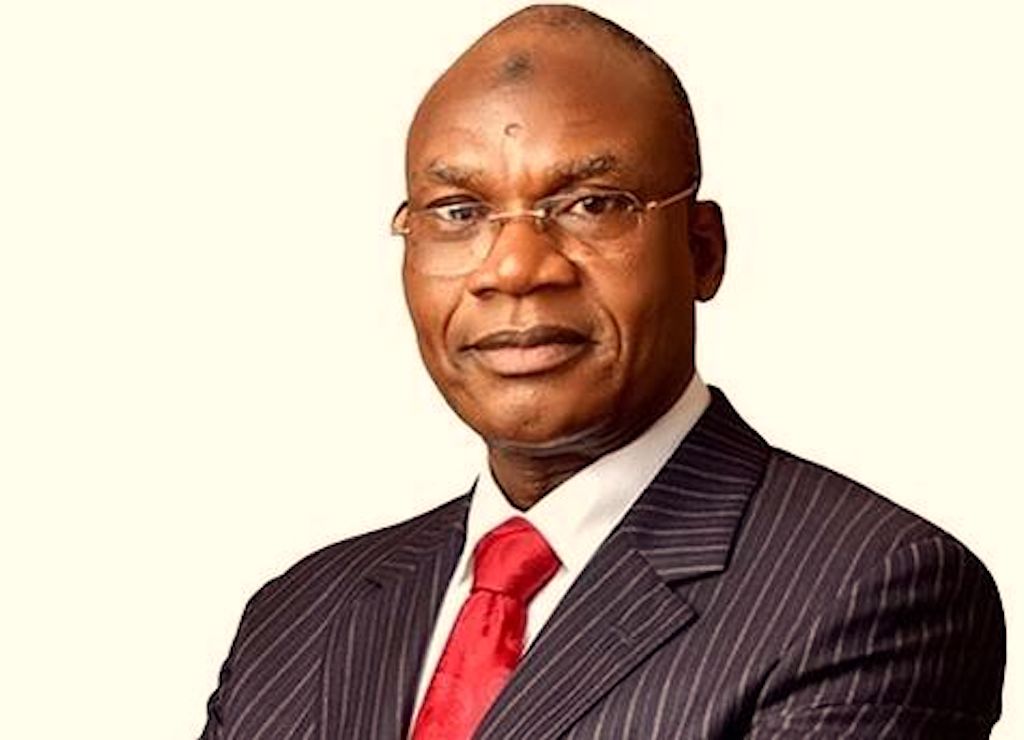Fed gov’t committed to addressing out-of-school children challenge — Tinubu
President Bola Ahmed Tinubu has expressed his commitment to addressing the challenges facing the educational sector in Nigeria, especially the out-of-school children problem. Nigeria currently has 12.4 million children not attending school. Speaking at the 6th and 7th combined convocation ceremony of the Federal University, Wukari in Taraba State, he said his administration was committed […]

Tahir Mamman
President Bola Ahmed Tinubu has expressed his commitment to addressing the challenges facing the educational sector in Nigeria, especially the out-of-school children problem.
Nigeria currently has 12.4 million children not attending school.
Speaking at the 6th and 7th combined convocation ceremony of the Federal University, Wukari in Taraba State, he said his administration was committed to developing and sustaining an education system that would move the nation forward.
The president was represented at the event by the Minister of Education, Tahir Mamman.
- Niger border: ACF commends Tinubu
- NIGERIA DAILY: Judicial System Needs Technology, Not Salary Increment- Legal Practitioners
He said strategic approaches were being implemented at all levels to address the challenges facing the nation’s education sector.
President Tinubu assured that various measures have been put in place to ensure that the constitutional provisions on access to education for Nigerian children are upheld, including the reintroduction of the school feeding programme aimed at increasing school attendance.
He also revealed that the student loan scheme has commenced, adding that it is an opportunity for all students to have a level playing field in terms of access to higher education.
The student’s loan scheme has commenced and it is an opportunity for all students to have a level playing ground in terms of access to higher education irrespective of their social or economic background,” he said.
In his address, the Vice Chancellor of the Federal University, Wukari, Prof. Jude Samanni Rabo, acknowledged the support and funding they have received from the TETFund and other federal government funds that have enabled the institution to reach its current level of development.
